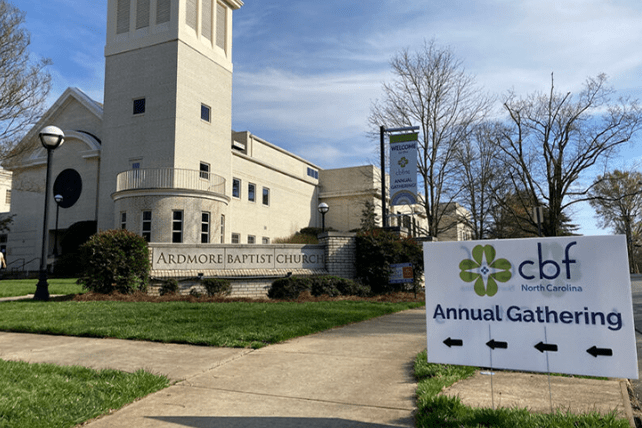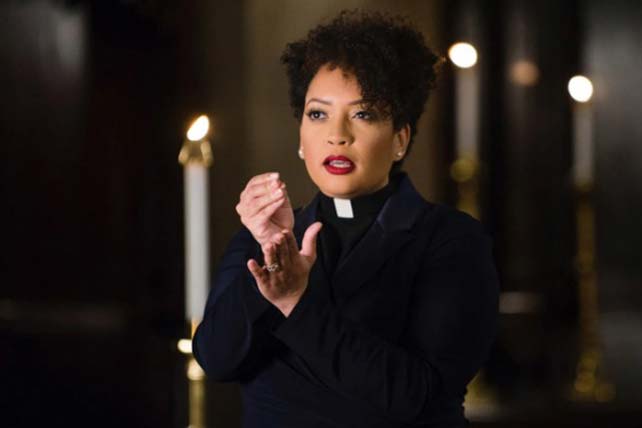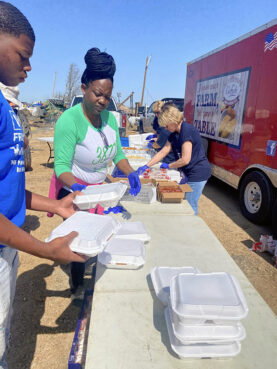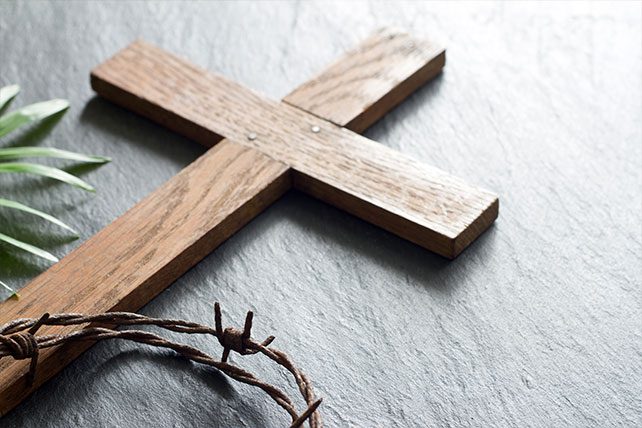After the Nashville shooting that took place Monday morning, Christian artist Lauren Daigle canceled the album preview concert she was scheduled to hold Monday night and instead held a prayer vigil for the community.
“Today’s shooting is truly heartbreaking for our Nashville community and all of those impacted,” said Daigle in a statement posted Monday. “I’m going to postpone my performance tonight, and in its place, host a community-wide Prayer Vigil. To everyone who was planning to come out, please continue to come join us as we share in a time of prayer and worship to honor the victims and everyone in need.”
View this post on Instagram
No ticket was required to attend the vigil. Daigle concluded:
To those in the local Nashville area, if you need a safe place to come pray, mourn, and be with your community, please join us. The doors are open for all.
Same location. Same time.
With all my love and support,
Lauren Daigle
Nashville Shooting Devastates Community
Yesterday morning in Nashville, Tennessee, a shooter armed with two assault-style rifles and a handgun opened fire at The Covenant School, which educates children in preschool through the sixth grade. Three 9-year-old children and three adults in their 60s were killed. Officers shot and killed the shooter at the scene of the crime.
Lauren Daigle is set to release her next, self-titled album on May 12 and had been scheduled to perform the entire album Monday evening at Marathon Music Works in Nashville. In a March 25 announcement on Twitter, Daigle said she would be playing her album from beginning to end and sharing stories behind the songs. Those who could not make it in person would be able to stream it at K-LOVE On Demand.
RELATED: Lauren Daigle Surprises ‘American Idol’ Fan by Joining Her in Singing ‘You Say
Daigle’s preview concert is now rescheduled for April 5. An update on K-LOVE On Demand’s website says, “Please join us next week for her show and remain in prayer for our city.”
ChildFund International spokesperson Jeremy Willet tweeted Monday evening, “Was supposed to be here tonight for Lauren Daigle’s New Album Preview Show, but in light of the tragic school shooting in Nashville this morning, she replaced the event with a prayer/worship vigil for the community instead. Proud to stand with her tonight!”
Was supposed to be here tonight for Lauren Daigle’s New Album Preview Show, but in light of the tragic school shooting in Nashville this morning, she replaced the event with a prayer/worship vigil for the community instead. Proud to stand with her tonight! ❤️ pic.twitter.com/bYGZ0xCPMu
— Jeremy Willet (@jeremywillet) March 28, 2023




























